My favorite genres include history, philosophy, science-fiction, and poetry, though I try to have a wide reading palate. If you have any recommendations or want to talk about a book, please do email me. While here I give short descriptions and sometimes comments, I will occasionally go more in-depth on current readings in my notebook.
/ scroll horizontally, title in alt or hover
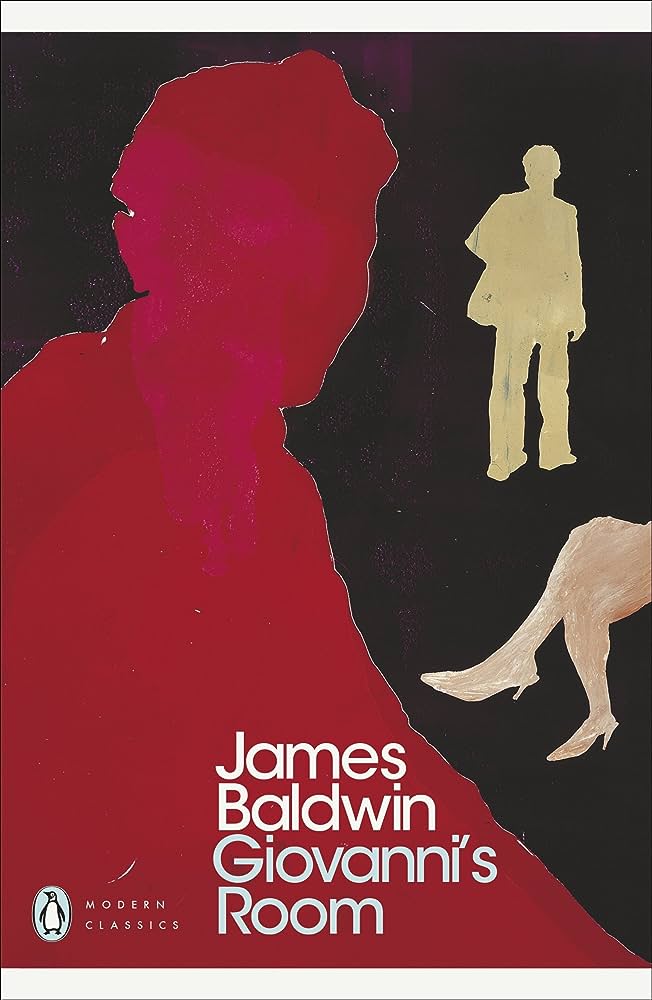
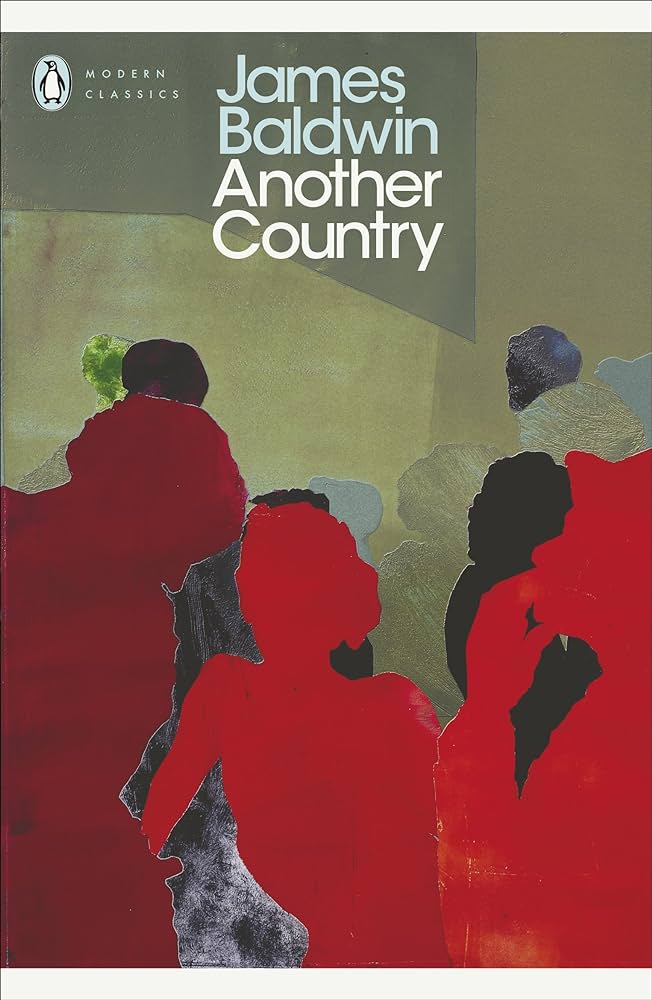
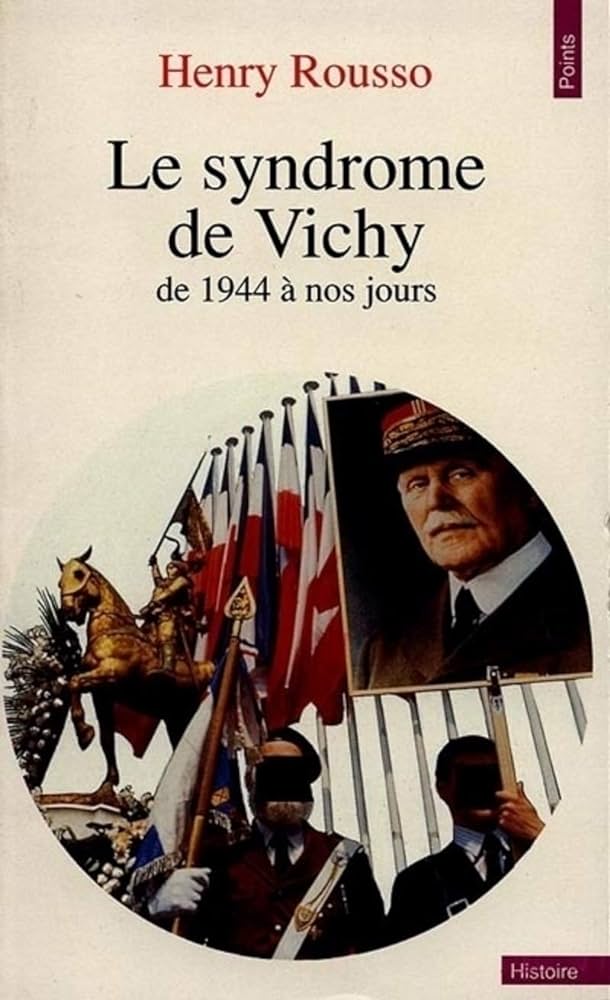


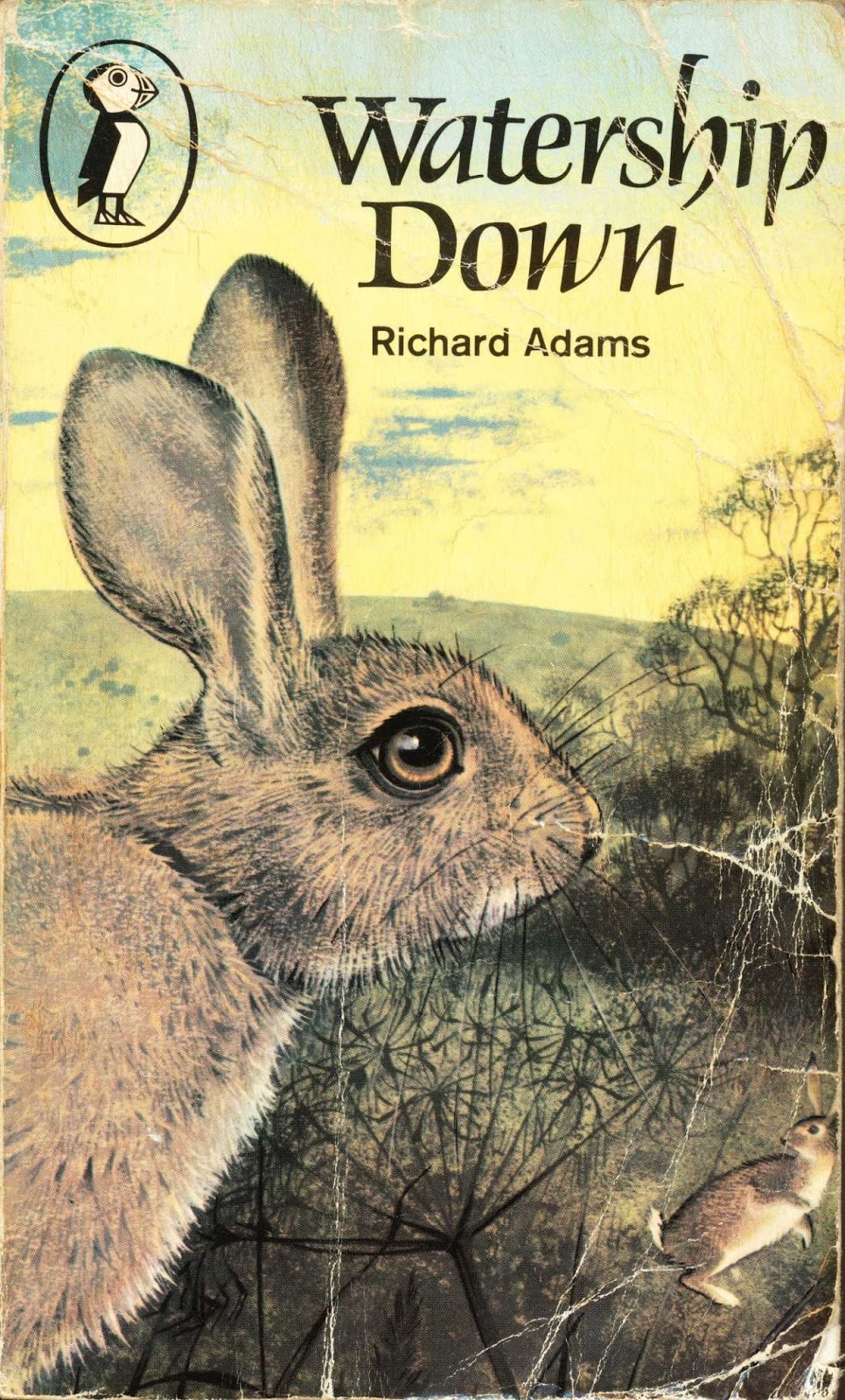
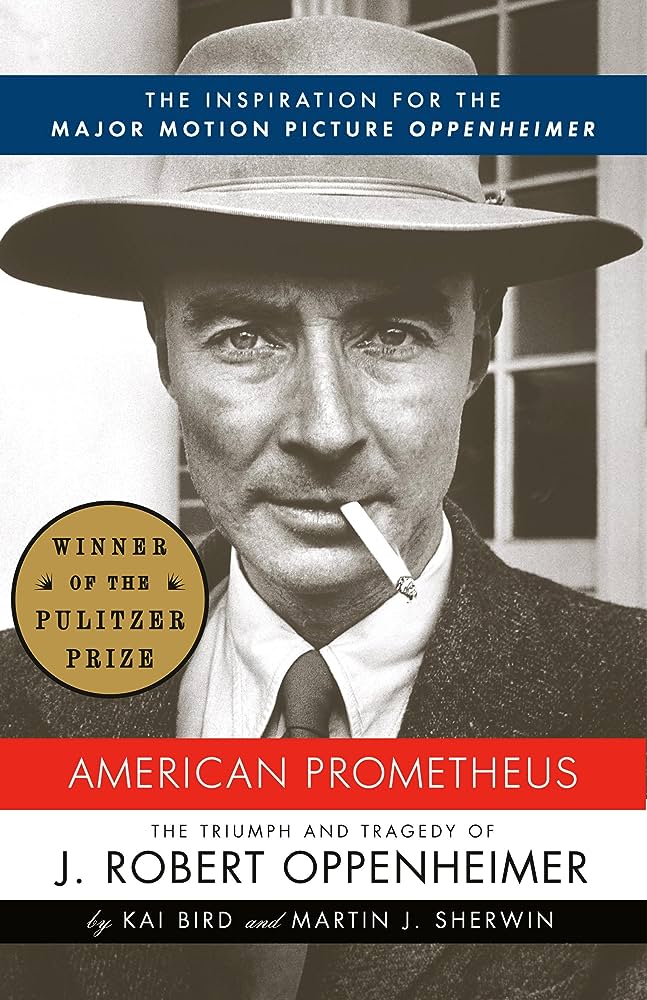


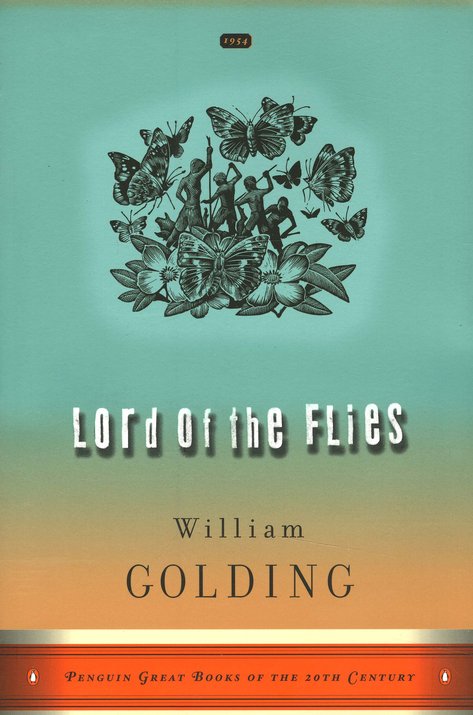
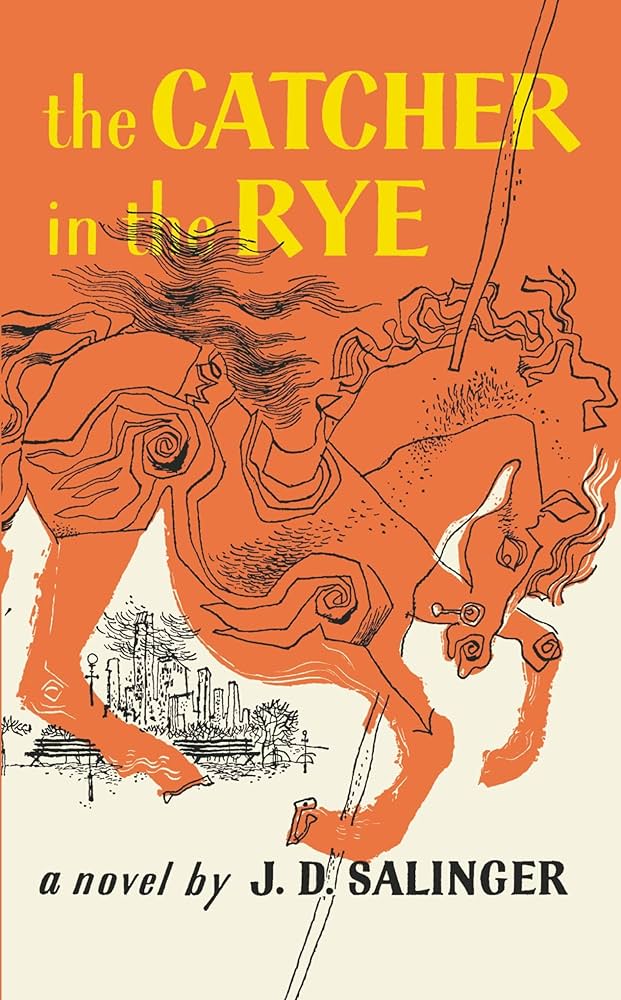
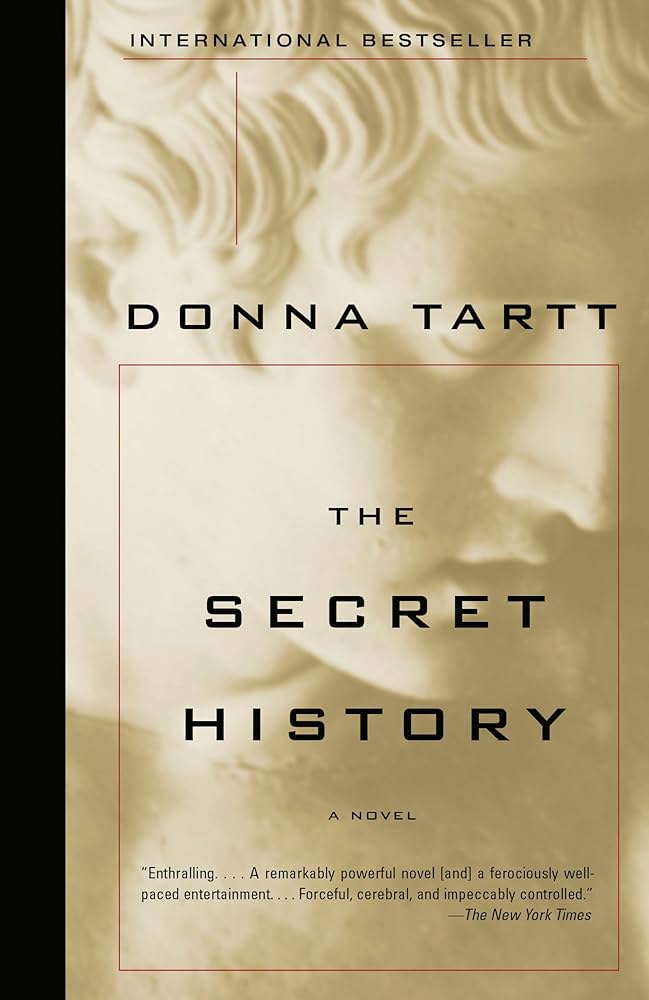

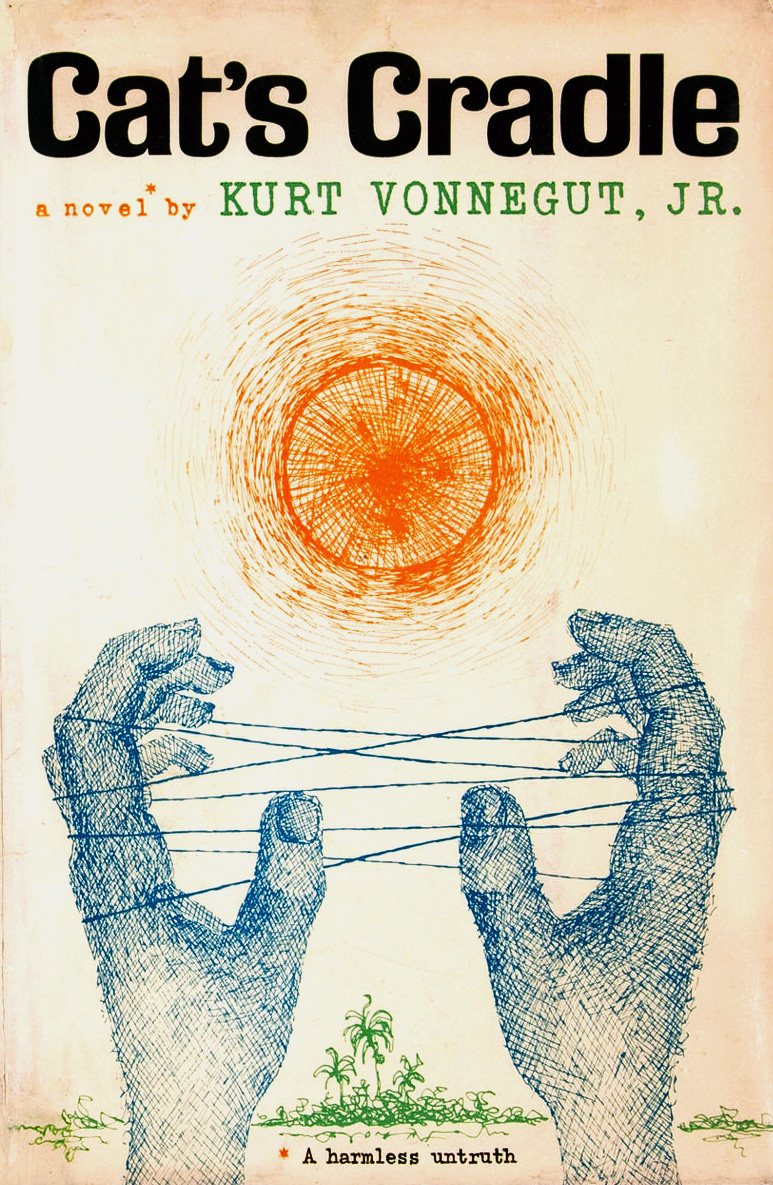
/ descriptions and thoughts on collapse














/ descriptions and thoughts on collapse
| Alison Bechdel, Are You My Mother? A Comic Drama |
(2012). Read June, 2024. Autobiographical graphic novel."Are You My Mother?: A Comic Drama is a 2012 graphic memoir written and illustrated by Alison Bechdel, about her relationship with her mother. The book is a companion piece to her earlier work Fun Home, which deals with her relationship with her father. The book interweaves memoir with psychoanalysis and exploration of various literary works, particularly Virginia Woolf's To the Lighthouse." — I really liked this one. In some ways, I treated it as a psychoanalysis reading list. |
| Alison Bechdel, Fun Home: A Family Tragicomic |
(2006). Read June, 2024. Autobiographical graphic novel."Fun Home: A Family Tragicomic is a 2006 graphic memoir by the American cartoonist Alison Bechdel, author of the comic strip Dykes to Watch Out For. It chronicles the author's childhood and youth in rural Pennsylvania, United States, focusing on her complex relationship with her father. The book addresses themes of sexual orientation, gender roles, suicide, emotional abuse, dysfunctional family life, and the role of literature in understanding oneself and one's family." — I do not tend to read graphic novels. This was very good. |
| Istvan Hargittai, Judging Edward Teller |
(2010). Read March to June, 2024. Biography of Edward Teller."To his supporters he was a hero of the Cold War. To his detractors he was evil personified. Between these extremes was the life of the real man. In this definitive and comprehensive biography, a personal acquaintance of Teller's presents a balanced portrait of the multifaceted and enigmatic scientist against the backdrop of a turbulent period of history." — Not something you should read if you know very little about Edward Teller. It is not super comprehensive regarding the minutia of his life and assumes you know some facts already. However, I believe this is great literature if you’re already fairly educated on him/nuclear history and want to read a biography that is more analytical than your typical in the personal and political senses. (If you’re *really* interested, I’d suggest reading Teller’s Memoirs first and then Hargittai’s book.) |
| William S. Burroughs, Junkie: Confessions of an Unredeemed Drug Addict |
(1953). Read May, 2024. Semi-autobiographical novel."The book follows "William Lee" as he struggles with his addiction to morphine and heroin. Burroughs based the story on his own experiences with drugs, and he published it under the pen name William Lee." |
| Radclyffe Hall, The Well of Loneliness |
(1928). Read March to May, 2024. Novel."The book follows the life of Stephen Gordon, an Englishwoman from an upper-class family whose "sexual inversion" (homosexuality) is apparent from an early age. She finds love with Mary Llewellyn, whom she meets while serving as an ambulance driver during the First World War, but their happiness together is marred by social isolation and rejection, which Hall depicts as the typical sufferings of "inverts", with predictably debilitating effects." — Valuable book for what it is and worth reading if you’re interested in the history of queer fiction. Hall is good at inspiring great emotion. However, and I do not often think this, I would have much preferred if it were a hundred or so pages shorter. Lots of meandering and repetition that doesn’t serve to develop the plot or characters. |
| Leó Szilárd, The Voice of the Dolphins and Other Stories |
(1961). Read March, 2024. Short story collection, science fiction."The Voice of the Dolphins derives its title from a television program of that name set up by a group of American and Russian scientists who conspire to save the world. This story gives an account of world events as seen in retrospect by a future historian. It covers a period of 25 years starting with 1963." — You should not go into this book expecting amazing prose. I believe this book is clever and valuable with historical context in mind; that is the reason I would suggest it. Personally, I really enjoyed it. |